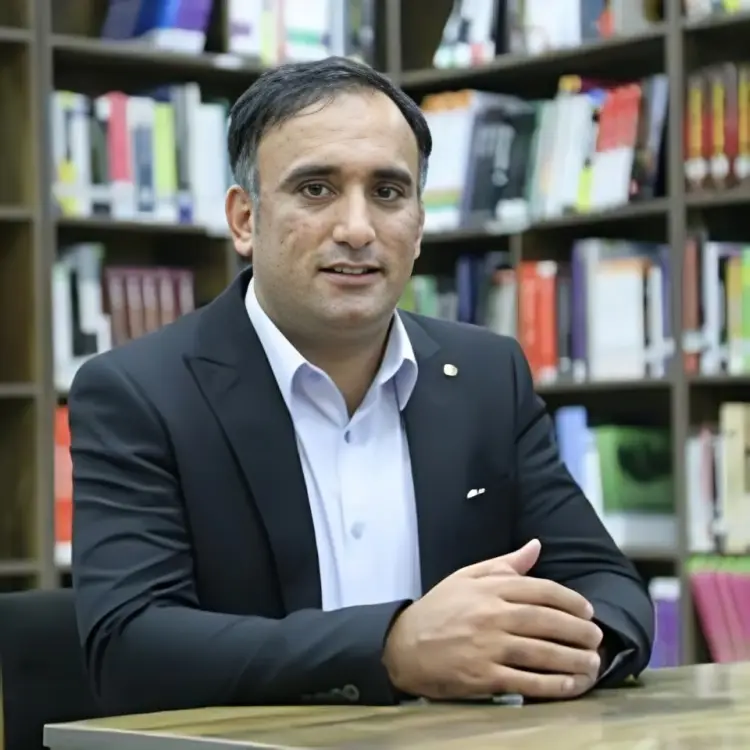
Dr. Irfan-ud Din is a distinguished Professor and Head of the Computer Science Department at School of Computing, New Uzbekistan University, bringing a wealth of expertise in wireless communication, Internet of Things, and advanced computing technologies. With a Ph.D. from Incheon National University, South Korea, and Post-doctorate from Korea Advanced Institute of Science and Technology (KAIST) South Kora Dr. Irfan has driven impactful research in areas like LTE-Advanced, Visible Light Communication, and resource optimization, consistently publishing in leading scientific journals. He also served as an Associate Professor with Inha University, Tashkent, Uzbekistan and a Principal Scientist with the Center for Research in Distributed & Supercomputing. He also served as Professor and HoD at Department of Computer Science, Superior University, Lahore Pakistan. Known for his dedication to advancing research and his visionary approach to tech education, Dr. Irfan is passionate about developing smart, technology-integrated learning environments that foster the next generation of thinkers and innovators.
Abstract: The Internet of Things (IoT) is revolutionizing the way we live in urban environments. This talk will explore how IoT technologies are being implemented to create smarter, more sustainable, and resilient cities. The talk will investigate real-world examples of IoT solutions that are transforming urban landscapes, from optimizing traffic flow to improving energy efficiency and enhancing public safety. The critical role of data analytics and infrastructure in powering these smart city initiatives will be discussed. Additionally, the talk will address the challenges and opportunities associated with IoT implementation, including data security, privacy concerns, and the need for interoperable standards. Finally, the future, where IoT, combined with AI and machine learning, will further drive innovation in smart cities to make smart cities more inclusive, adaptive, and sustainable.
Bahria University, Johar Town, Lahore, Pakistan
© 2025 All rights reserved by Bahria University